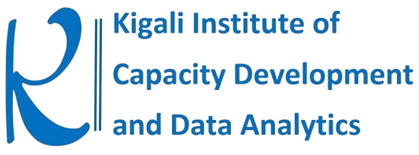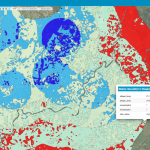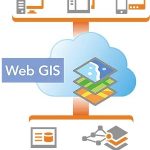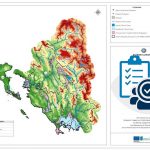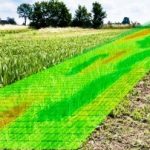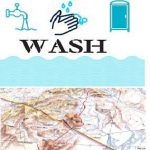Training Course on Application of GIS in Health
About the Course
Health is a very sensitive sector in any economy. Most countries economic development is anchored in health sector. Due to the sector continued complexity and multi-faceted nature that warrant huge work in research, monitoring and evaluation, well-chosen and implementable monitoring and evaluation tools and techniques are inevitable. Such skills are useful in ensuring that health sector projects and programmes are implemented as designed and planned. Geographical information Systems have become an essential tool for planning, resource management and decision making. The ability of GIS to store, retrieve, analyze model and map spatial data has enhanced its application. Geographic information systems are used in health sector. This course aims at equipping the learners with knowledge to use GIS tools to visualize indicators in health, explore spatial data and analyze maps to communicate information and make decisions.
Target Participants
This course is ideal for public health practitioners, epidemiologists, exposure scientists, quantitative health geographers, risk assessors and students.
What you will learn
By the end of the course the learner should be able to:
- Use GIS as monitoring tool for projects and programmes activities in health sector.
- Familiarize with spatial data availability
- Appreciate the role of spatial data infrastructure (SDI) in health sector
- Use participatory GIS (PGIS) at community level
- Conduct public health related data modeling using GIS
- Collect data using Mobile data gathering tools
- Integrate GIS within new and existing activities in health.
Course duration
5 days
Course Outline
Introduction
- GIS concepts
- Mapping and evidence-based decision
- National spatial data infrastructure
- Strategic role of geography in health
- spatial data concepts
- Process for using geographic data and tools
Mobile based data collection for health applications
- Using Mobile Phones for GIS data collection
- Importing spatial data to GIS software
- Using data from databases database management
GIS in health applications
- GeoData sources for HIV/AIDS and other health related issues
- Spatial data concepts
- Capabilities of GIS
- GIS for health applications
- QGIS interface and map basics
Working with tabular data
- Create new health-care map layers using internal and local data
- Spatially join and aggregate point data to create choropleth maps
- Working with spreadsheets data in GIS
- Building and coding the new variables
GIS analysis and mapping techniques
- Prepare incidence and prevalence maps
- Investigate spatial patterns of uninsured and poor populations
- Import and project map layers for a local analysis
- Project maps for health-data analysis at different geographic scales
- Adding feature to GIS data
- Reducing GIS data from large coverage to an area of interest
- Techniques of overlying GIS data
- Extracting subsets of GIS data for mapping
Designing maps for a health study
- Design and build numeric scales for mapping attributes
- Symbolize numeric scales for polygons using color ramps
- Symbolize numeric scales for points using size-graduated point markers
- Map the relationship of two variables
- Build professional map’ layouts for presentations and reports
- GIS mapping of most at risk populations (MARPS)
- GIS Mapping of health facilities and health resources
Case study
- Studying disease outbreaks
Training Approach
This course is delivered by our seasoned trainers who have vast experience as expert professionals in the respective fields of practice. The course is taught through a mix of practical activities, theory, group works and case studies.
Training manuals and additional reference materials are provided to the participants.
Certification
Upon successful completion of this course, participants will be issued with a certificate.
Tailor-Made Course
We can also do this as a tailor-made course to meet organization-wide needs. Contact us to find out more info@trainingsinkigali.com
Payment
The training fee covers tuition fees, learning materials, and training venue. Accommodation and airport transfer are arranged for our participants upon request.
Payment should be sent to our bank account before start of training and proof of payment sent to info@trainingsinkigali.com
Online trainings
Do you wish to partake this course through an online platform? KICDDA team of expert trainers are standby to support you in learning this course at your preferred pace and schedule. Our instructor-led online courses can also be tailored to accommodate participants specific needs. Request to take this course online by sending your request through:
Email: info@trainingsinkigali.com
Phone: +250 784 481 618 or +250 786 156 256
Other courses that you may like…
